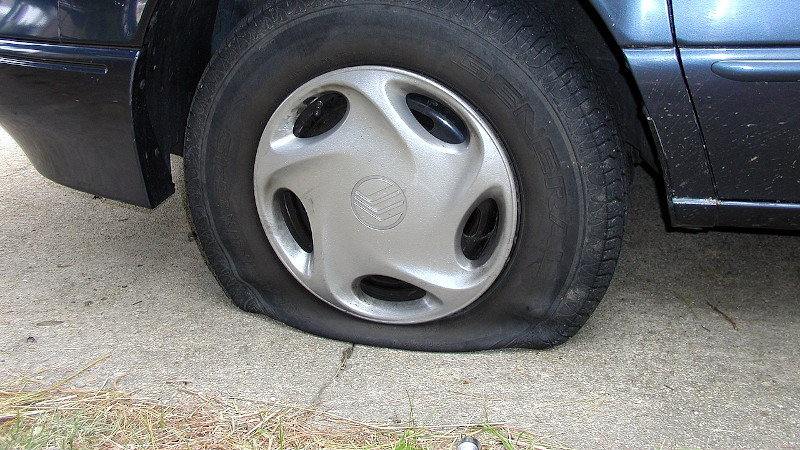
There are some engineering questions that may not have huge importance in the world, but which become the subject of intense idle speculation. A good example is the question of whether a lower tyre pressure on a motor vehicle would make a difference to the indicated speed. There are several contrasting intuitive theories as to what should happen, so [] has taken the time for a bit of experimentation in order to find out what really happens.
At stake were the change in effective radius from a flattened portion of the tyre, the so-called tank tracks effect in which the entire circumference of the tyre is still traversed, and the prospect of a change in circumference due to the different pressure. The test wheels were made from foam, and were found to give a different reading when compressed. This might solve toe problem, but of course real car wheels have radial wires to give them stiffness. When these were simulated on the foam wheels with packing tape, the difference evaporated. Later this was confirmed by GPS-measuring a real car with deflated wheels.
All this makes for a fascinating read, because after all, there’s sometimes no substitute for a real-world test.
Header image: Gerlach, Public domain.
0 Commentaires